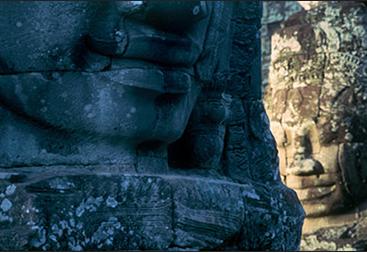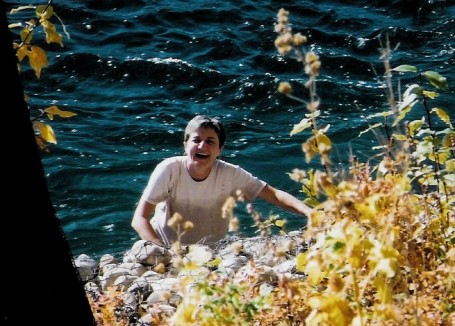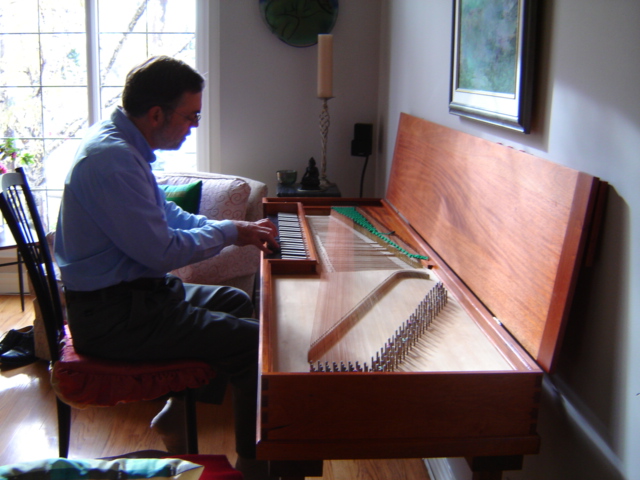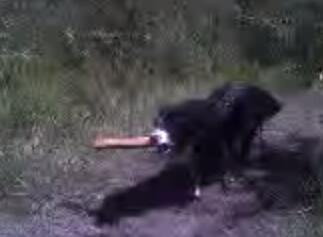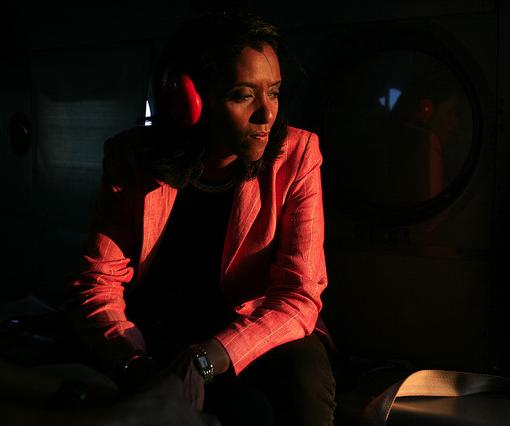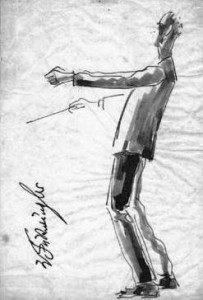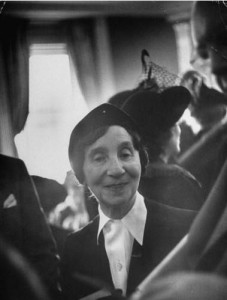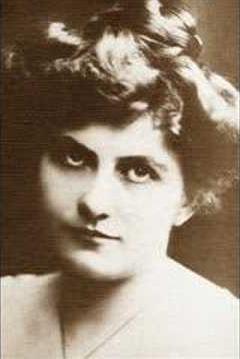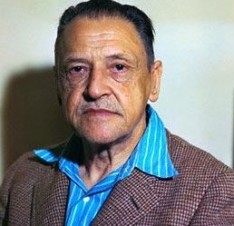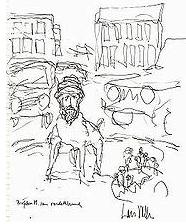Music, spirituality, and the political thriller
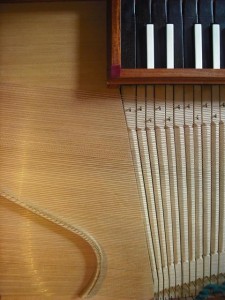
Bach's instrument: the clavichord

Bach's instrument: the clavichord
Music in The End of the Monsoon
Can music and spirituality have a place in a political thriller? I think they can, if they’re sub-themes illuminating character. In The End of the Monsoon, Mrs Ambler, an idealistic lawyer, is also an amateur musician and practicing Buddhist. Her guilt over her illicit affair strengthens her desire for at least a breath of transcendence.
In 1983 I thought I had such a breath in the wee small hours of the morning, while playing the clavichord in my third world luxury apartment in Riyadh, Saudi Arabia.
In my novel I transferred this experience to the character of Dr White, a no-nonsense, middle-aged expatriate English doctor in Phnom Penh. In the penultimate chapter he recounts it to the story’s skeptical main character, the American diplomat, Mike Smith:
‘There’s a kind of music—Bach composed several examples—which I’m sure Mrs Ambler was aware of, called canon. I no longer play, but many years ago I did, and one evening, while playing a Bach canon from memory, I felt, briefly, as if I were outside myself; I felt that I’d entered a musical stream, like the flow of a river, or the rushing of the wind, and that this flow—which was the music of the canon—was continuous: it came from I knew not where and continued I knew not whither. While I played, I was, for a short time, a part of that musical flow. This vision or waking dream ended the moment I finished the piece.’
Dr. White’s point is that although medical science may determine the chemical reactions associated with such an experience and the location of the brain where it takes place, that doesn’t explain the real cause, or the essence, or the meaning–if any–of such an experience.
In the novel, there are three instances of ‘spiritual experience’: an unusually successful meditation, just before dawn in the jungles of northern Cambodia; the expected and observed death of a main character; and Dr White’s out-of-body moment years before, while playing the Bach canon. Mr Smith, fighting against having to swallow any of it, challenges the doctor with an angry: ‘What do you believe?’ The doctor replies,
‘Me? I believe in nothing, Mr Smith. Nothing. However, I do believe in trying to keep my mind open—just a crack.’
Music samples: why the clavichord?
I am not an authentic instrument fanatic. I think that mature and late Beethoven sounds better on a modern concert grand than on the type of piano built during the first two decades of the 19th century. And who would deny Gould his achievement? Neither do I believe that the clavichord should be limited to music of its period. A friend often plays a South American samba on mine. However, taking the trouble (and it can be trouble) to play Bach or even Haydn on a clavichord leads to insights in technique and interpretation difficult to find any other way.
There are challenges. Clavichord technique is different from both harpsichord and piano technique. The touch must be firm, whether piano or forte, but the keys must not be pressed too deep. Fretted instruments demand an accuracy of touch greater than any piano. One of the most serious challenges can be getting over the initial disappointment of the weakness of the sound. The clavichord was played before the constant background noise of our world–which we do not even notice. When attempting to play this instrument, you will notice it: the hum of the refrigerator; the distant traffic outside the window; in Calgary, the background whoosh of the central heating; the plane passing by several thousand feet overhead.
The clavichord teaches you in a striking way just how different a quiet night in Leipzig must have been in 1765. Playing it today, at one in the morning, perhaps with a snow storm outside and all traffic over (as quiet as it’s ever going to be), struggling to bring out every note, one’s attention focusses in, and after a few minutes a forte–which in aural reality is a piano–sounds to the ear or the mind of the player like an actual forte.
A Dutchwoman of my acquaintance put it well. “Playing the clavichord,” she said, “is like a meditation.”
Music samples from The End of the Monsoon
I played and recorded these two pieces on a copy of a 1765 Friederici clavichord which I built in 2006 and 2007. The original is in the Grassi Museum in Leipzig.
Variation 15 from Bach’s Goldberg Variations: a canon in inversion at the 5th.
Audio clip: Adobe Flash Player (version 9 or above) is required to play this audio clip. Download the latest version here. You also need to have JavaScript enabled in your browser.
Variation 25 from the Goldberg. This variation was marked ‘adagio’ in Bach’s own hand, in his copy of the printed score.
Audio clip: Adobe Flash Player (version 9 or above) is required to play this audio clip. Download the latest version here. You also need to have JavaScript enabled in your browser.

